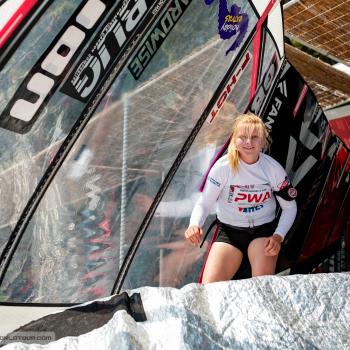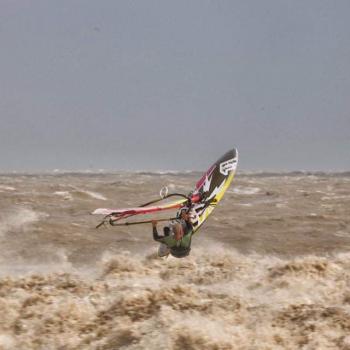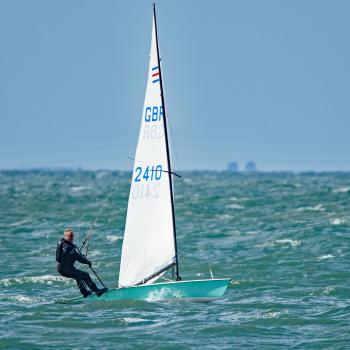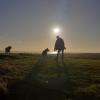With the rugby autumn internationals upon us and the football season steaming ahead now is a good time to think about how to prevent thigh and groin injuries, leading sports medicine doctor Dr Ralph Rogers says.
“Playing sport in a cold and rainy climate like ours, with muddy or frozen playing surfaces, considerably increases the risk of traumatic and over-use injuries, particularly to the thigh and groin,” he cautions.” “These include injuries to the rectus femoris muscle, the hamstring muscles and the muscles of the groin area.”
Dr Rogers stresses the need for a thorough warm-up before engaging in sports and a proper cool-down afterwards.
“Warming up properly before playing sport is thought to decrease muscle stretch injuries because the muscles are more extensible when the tissue temperature has been increased by a few degrees above normal. A good warm up should last at least twenty minutes and start gently before increasing to full activity” he says, “It is also important to have a cool-down period as this helps with the transportation of waste materials from muscles and helps to prevent injury or re-injury.”
Injuries to the rectus femoris muscle, one of four quadriceps muscles in the front of the thigh occur frequently as a result of playing football and rugby. The rectus femoris is particularly vulnerable to eccentric stress forces and forceful movements, such as when starting to sprint or when kicking a ball.
The hamstring muscles are a group of three long muscles and bordering tendons that start at the bottom of the pelvis extending down the back of the thigh and along either side of the knee to the shin bones. Hamstring injuries are one of the most common injuries suffered by people playing football and rugby.
Injuries to the groin are also extremely common in sports people. A groin strain is a stretch, tear, or complete rupture of the muscle that extends from the pubic bone to the inside of the thigh. It is the main muscle that allows movement of the leg from an outside to an inside position from the hip.











